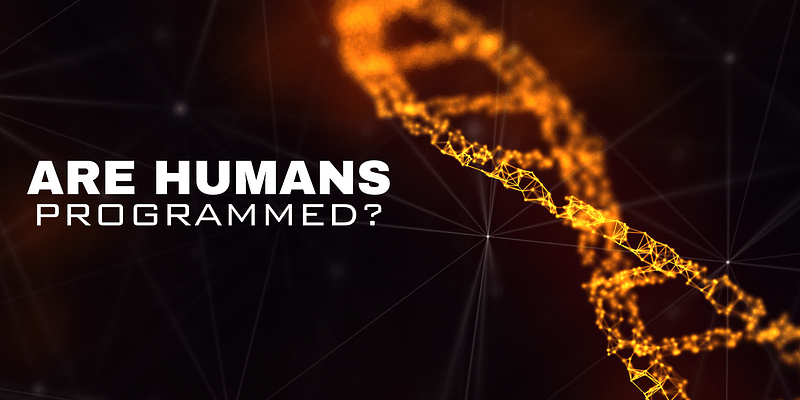
In the age of technological advancement, the parallel between human programming and computer code has sparked a fascinating debate. Are we, as humans, programmed in a manner akin to how computers are coded? This question invites us to explore the similarities between biological and digital realms, revealing insights into our own nature and the future of technology.
Human Programming: Nature’s Code
At the core of every human lies the genetic code, DNA, a complex sequence that dictates physical traits, susceptibilities to diseases, and even aspects of our personality. This biological “programming” is remarkably similar to computer code, which consists of instructions that guide computer operations. Both systems rely on a language of codes—nucleotide sequences in DNA and binary code in computers—to execute complex processes, from creating life to running software.
Learning and Adaptation: Algorithms of Life
Learning and adaptation showcase another striking similarity. Humans learn from experience, adapting to new information and environments through a process that mirrors machine learning algorithms. Just as artificial intelligence (AI) systems adjust their algorithms based on input data to improve performance, humans modify their behavior in response to feedback from their surroundings. This adaptive capability highlights the dynamic nature of both biological and digital learning processes.
Innate Programming vs. Software Updates
While humans are born with a fixed genetic makeup, our experiences and environment can influence gene expression—a concept known as epigenetics. Similarly, a computer’s hardware may remain constant, but software updates can significantly alter its functionality. This parallel underscores the flexibility within the apparent rigidity of our initial programming, whether biological or technological.
Interconnected Systems: Networks and Societies
On a broader scale, the interconnectedness of computer networks reflects the social and biological networks that humans form. The internet, a vast network of computers, facilitates communication and information exchange much like neural networks in the brain or social interactions in communities. These networks, whether made of silicon or flesh, rely on complex coding languages to function and evolve.
Ethical and Philosophical Implications
The comparison between human programming and computer code opens up profound ethical and philosophical discussions. It challenges our understanding of consciousness, free will, and the essence of what it means to be human. As AI and genetic engineering advance, these parallels will become increasingly relevant, prompting us to reconsider the boundaries between organic and artificial life.
A Reflection of Ourselves
In examining the similarities between human programming and computer code, we find a mirror reflecting our own complexity and potential. This exploration not only deepens our understanding of human nature but also offers a glimpse into the future, where the integration of biological and digital technologies could redefine life itself. As we continue to unravel the codes that govern both realms, we may discover that the line separating the natural from the artificial is not as clear as we once thought.










